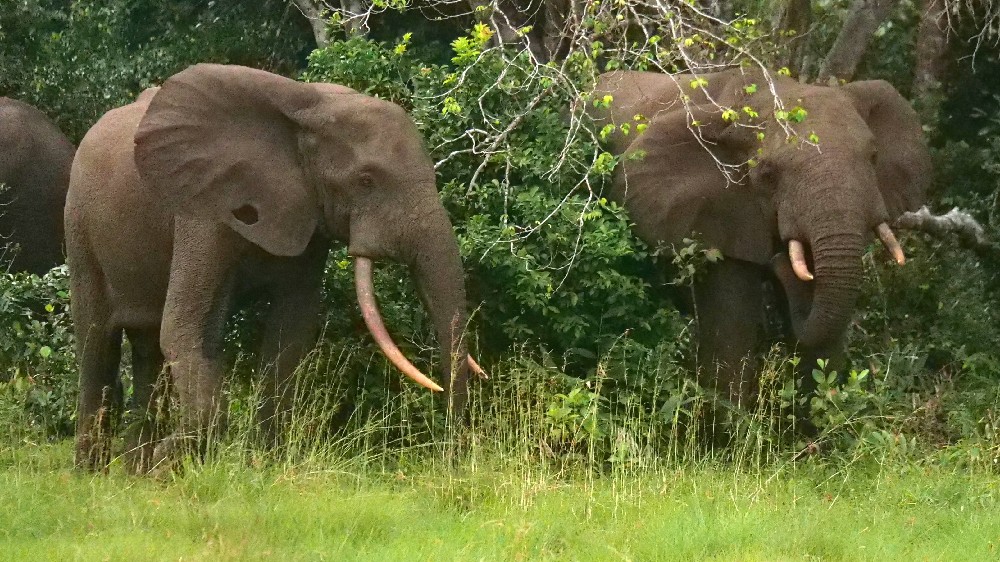Tuskers get caught in traps laid for wild boars
N Senthil Kumar, an environmentalist from Osai, an NGO, said that habituated elephants know the terrain well and do not come into contact with traps like electric fences.

Until two decades ago, sighting an elephant out of its natural habitat was a rarity in Coimbatore. Over the years, the elephant’s intrusions have become more rampant and so are its’ deaths due to electrocution and other conflicts.
“I’m finding elephants coming out of the forest area in large numbers only in the last 20 years. They mostly come in search of fodder and water, as its presence could have reduced in the jungle due to growth of invasive plants,” said S Palanisamy, president of All India Kisan Sabha.
The motive of farmers is to keep wild boars at bay through installing electric fencing, but elephants too get caught in the fence, literally. Hence, a cross section of farmers in this region have been demanding the government to accord them permission to kill crop-raiding wild boars to keep their population under control.
N Senthil Kumar, an environmentalist from Osai, an NGO, said that habituated elephants know the terrain well and do not come into contact with traps like electric fences.
“But only those migratory elephants new to the locality fall prey. And, a majority of elephants which got electrocuted in the recent years were found to be tuskers; they mostly come alone,” he said.
Timely dispersing of compensation to farmers met with crop damage in instances of elephant raiding may prevent them from resorting to extreme measures. “However, availing compensation is a struggle,” lamented S Palanisamy.
Another major factor behind elephant deaths is the commonly accepted reason – encroachment of their natural habitat.
B Ramakrishnan, a wildlife biologist, pointed out, “An adult jumbo requires 250 kg of food and 100 to 150 litres of water every day. Elephants live in herds, and move along a natural corridor in search of food. If their corridors are disturbed by constructions, they move into nearby human habitations resulting in conflict. Therefore, their natural resources should be kept intact to ensure that they do not stray.”
Visit news.dtnext.in to explore our interactive epaper!
Download the DT Next app for more exciting features!
Click here for iOS
Click here for Android



